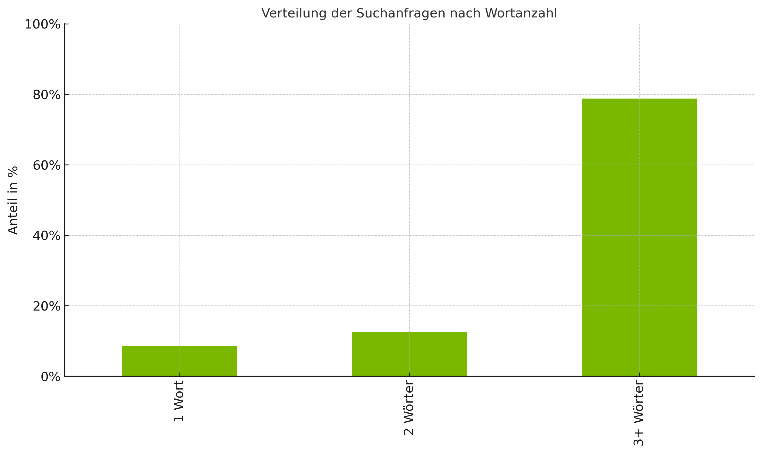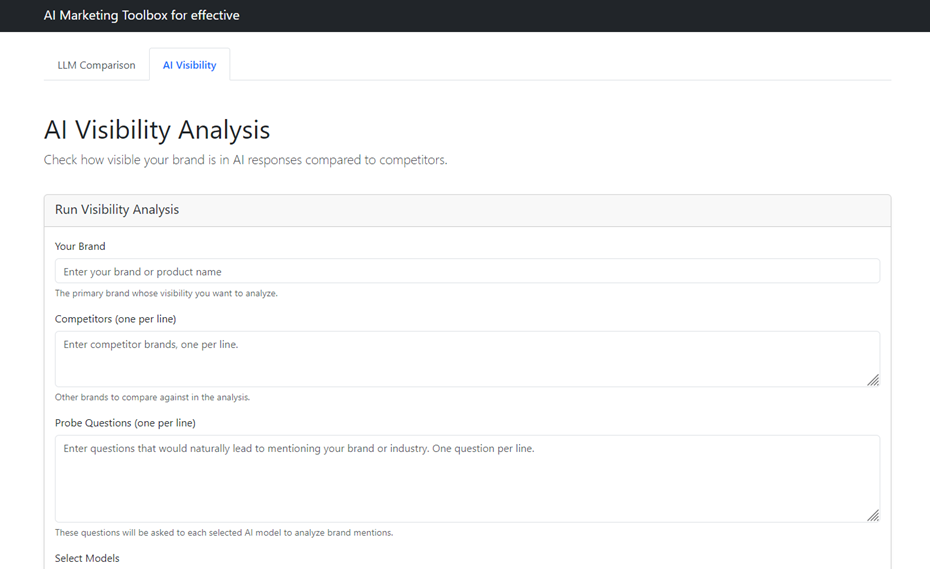
Rethinking Visibility: How AI Search Systems Are Changing the Game for B2B Brands
SEO Is No Longer Enough: How to Make Your B2B Brand Discoverable in ChatGPT and Other AI Systems
The way brands gain visibility online has fundamentally changed — especially for B2B companies. Traditional SEO strategies are rapidly losing effectiveness as users increasingly rely on AI-powered search and answer systems like ChatGPT, Perplexity, Google Gemini, and Microsoft Copilot. With its new GEO approach (Generative Engine Optimization), the effective world Group demonstrates how B2B brands can secure and sustain visibility in this new digital landscape.
The End of Traditional Search Logic
Recent data shows that 57–65% of search queries now result in "zero-click" outcomes — where the answer is provided directly by the AI, with no need for the user to click on a website. In tools like Perplexity or Gemini, a glance at the generated response is often sufficient; visiting the original source is becoming increasingly rare.
This paradigm shift has serious consequences: organic traffic is plummeting, with some industrial clients seeing drops of up to 20% in Germany and 18% globally. Classic performance metrics like click-through rate and keyword rankings are rapidly losing their relevance.
Why Conventional Tools Fall Short
Many start-ups have jumped on the GEO buzzword and now offer automated tools. In practice, however, these solutions are inadequate for the complex reality of B2B. Tools such as HubSpot's AI Search Grader or KaiFootprint often generate inaccurate competitor lists, fail to recognize business units, or misclassify companies into the wrong industries. Their assessments remain superficial and generic — far from sufficient for data-driven B2B marketing strategies.
The effective Approach: Making Visibility Measurable
With its AI Visibility Analysis framework, effective GmbH is developing a practical and scalable model tailored specifically to the industrial B2B sector. The audit is built on three core pillars:
- Targeted question sets by market, language, and business unit – following the logic of traditional keyword strategies, but adapted to generative AI.
- A robust scoring model incorporating a Visibility Score, mention frequency, and sentiment analysis of brand references.
- Identification of marketing opportunities across third-party platforms such as industry portals (e.g., DirectIndustry, IndustrieStock).
What sets the approach apart: the visibility of competitors is also factored in and directly compared to your brand’s presence — a decisive advantage for strategic market analysis and positioning.
Strategic Recommendations for B2B Marketers
To remain visible in the future, B2B marketers must begin creating content that is optimized for AI comprehension — not just for Google. This includes:
- Clear, structured glossaries,
- Vertical content with depth and expertise,
- and regular GEO audits to track performance.
Crucially, recurring core questions should be tested on a regular basis. This helps identify shifts in visibility and changes in how platforms surface and prioritize content.
GEO is not a trend — it’s a necessity.
The rise of generative search systems demands a fundamental shift in digital B2B marketing strategy. Only those who understand how AI thinks and responds will remain visible — and therefore relevant — in the long term.


